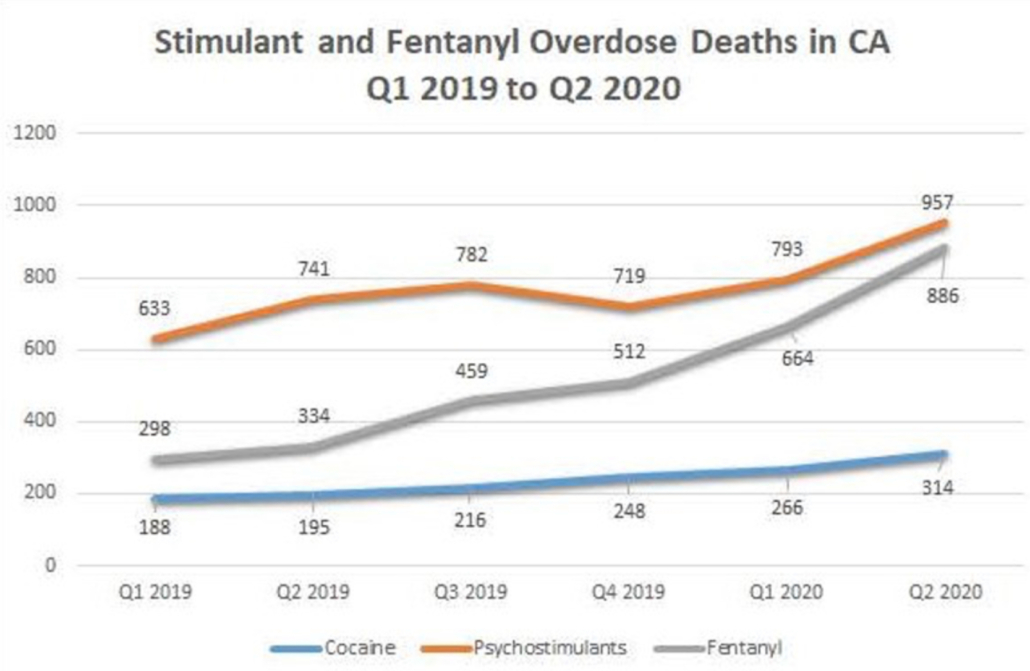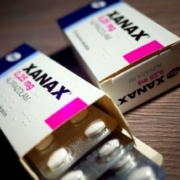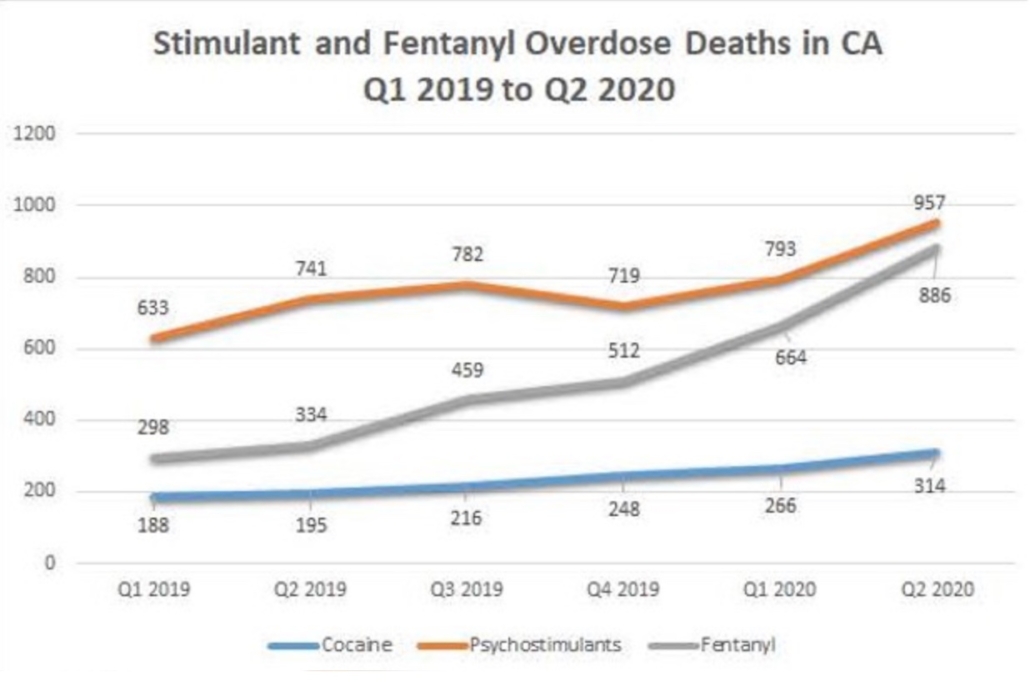Using CBT and DBT for Drug and Substance Addiction Treatment
When researching treatments for drug and substance addiction, two of the most commonly-used options are cognitive-behavioral therapy (CBT) and dialectical behavior therapy (DBT). These two treatment options have been studied and proven to be effective in helping with long-term recovery and facilitating the healing and development of patients. While CBT and DBT share some similarities, there are also key differences that exist between the two. Learning about these differences will help you discover the treatment option that works best for you.
Cognitive-Behavioral Therapy
Cognitive-behavioral therapy empowers patients to discuss the issues that affect them most, based on the belief that the thoughts we have can impact how we feel. The thoughts that accompany a patient’s issues are often pessimistic, with a focus on what could happen in the future. With the guidance of their therapist, a patient is given a new perspective on the problems that they are facing by focusing on what is happening in the present moment and not on what has happened or what could be. By changing how a patient thinks and approaches their issues, it can help them maintain a more positive outlook. This perspective is more logical and reasonable, which allows the patient to better control their thoughts and how they react to their issues.
Dialectical Behavior Therapy
Dialectical behavior therapy is a type of CBT treatment that is most often directed to helping those with extreme emotional reactions. While DBT is a form of cognitive-behavioral therapy, it differs in its focus on a patient’s emotions and all of the development that occurs with it. It is intended to teach patients healthier ways to react to what is going on around them. Dialectical behavior therapy is about both acceptance and mindfulness. Patients go through a process that sees them accept the emotions they experience and learn to better regulate them.
Determining Which Treatment Is Best for You
When deciding which treatment is right for those suffering from drug and substance addiction, it’s best to discuss it with a therapist who is well-versed in substance use disorders. Everybody’s circumstances and situation are different, which means that some will respond more effectively to cognitive-behavioral therapy while others are more suited for dialectical behavior therapy. This makes it crucial for those starting their journey toward recovery to consult with a therapist or a rehab center before making a decision to see which treatment best fits their needs and circumstances.
Finding the right drug alcohol treatment can help put a person on the road to long-term recovery. At Twin Town Treatment Centers, we provide addiction treatment options like cognitive-behavioral therapy for those suffering from the disease. We operate six drug and alcohol rehabilitation centers throughout the Los Angeles and Orange County area, including one in Laguna Hills, where we support those recovering from their addiction with outpatient programs and resources designed to foster healing and development. Get in touch with us by calling us at (866) 594-8844 or filling out our online form to get started today. Our team of drug and alcohol treatment professionals will provide you with a no-cost interview and assessment for alcohol and drug issues.













